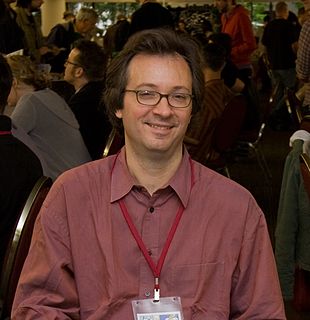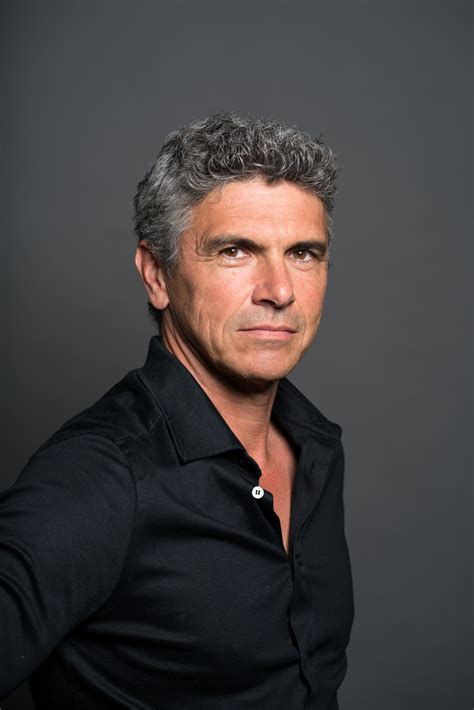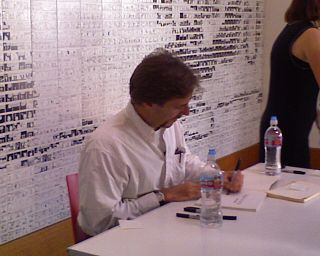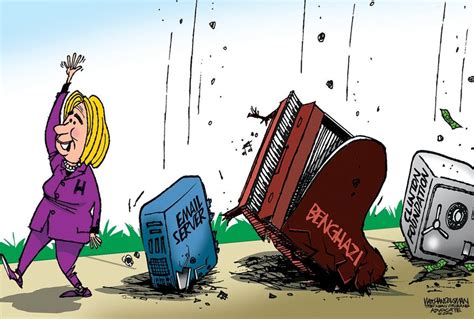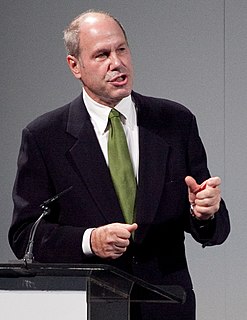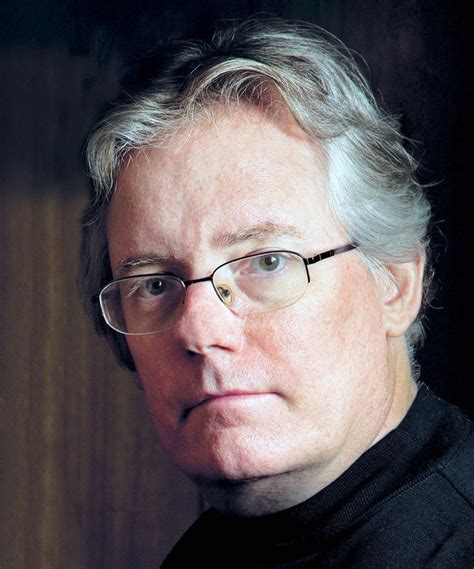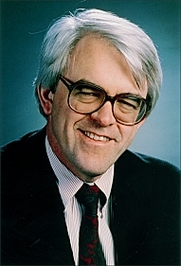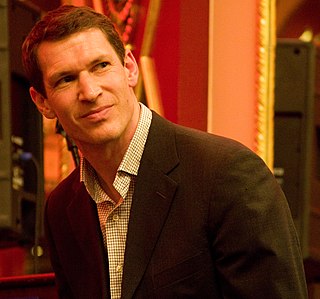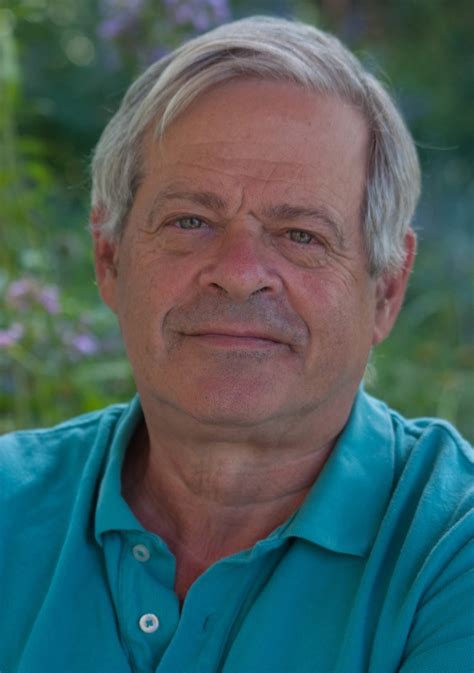A Quote by Ted Rall
I'm a better editorial cartoonist by default because so many editorial cartoonists out there are so awful.
Quote Topics
Related Quotes
I think The New Yorker's cartoons aren't very political because the people who do the cartoons aren't awfully political people, and they aren't paid to be political. I think editorial cartoonists are. That's what they do. They probably have a great natural interest in politics, and then they are paid to do it, so they sort of have to hunt out these ideas. I admire editorial cartoons, but I'm also sort of happy that I don't do them because I'd hate to have to label things and I'd especially hate, more than anything, to label something Dennis Hastert or Mark Foley.
My first job out of college was as an editorial assistant in a New York publishing house. Being an editorial assistant is the purgatory would-be editors must endure before they can ascend the ladder and begin acquiring books on their own. I spent a year filing paperwork, writing copy, and typing rejection letters.
Editorial pages all say, 'Well, the other guy has a point, too. It remains to be seen how this will come out. We certainly hope it comes out fine; blah, blah.' Cartoonists don't go that way. Our job is to stick out our tongues, to show a big raspberry to whatever pompous jerk happens to be mouthing off.
